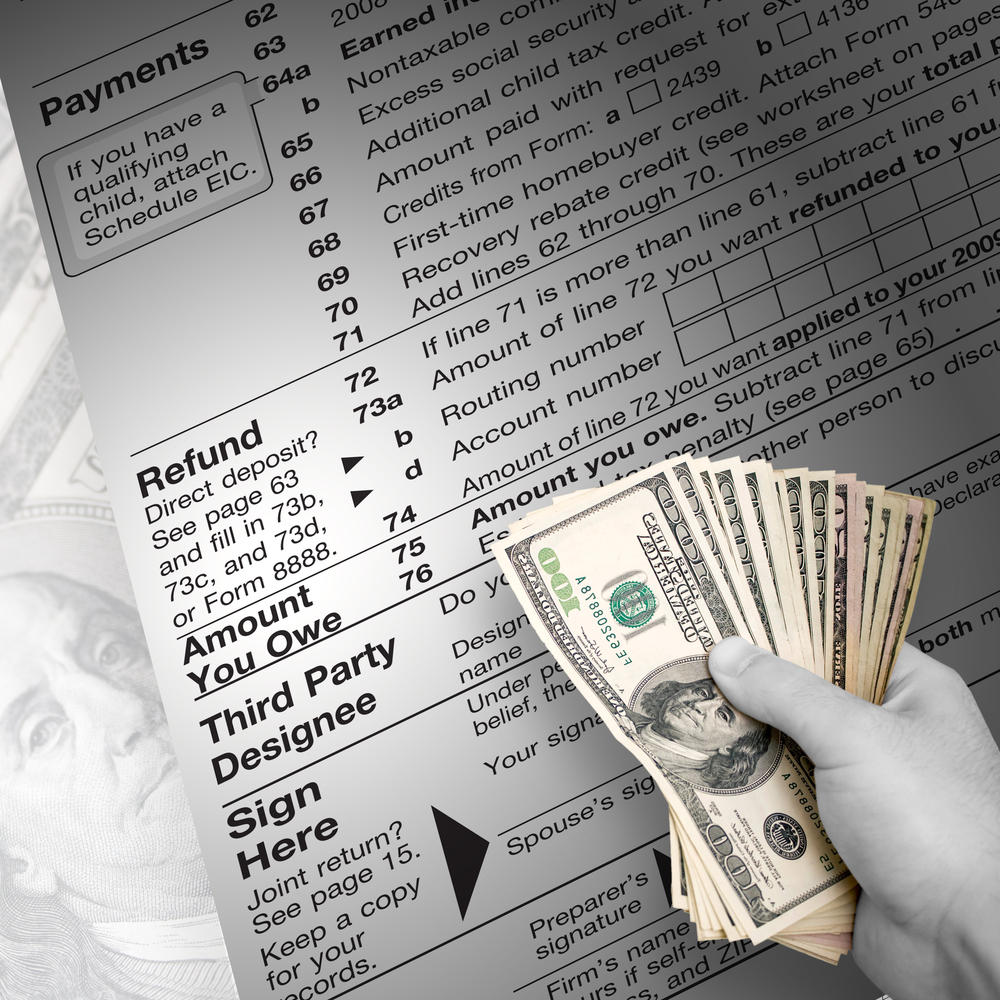When you owe the Internal Revenue Service (IRS), you usually owe more than just taxes. On top of your tax bill, there may be additional IRS charges, interest, and penalties. It is imperative that you get into a payment agreement with the IRS. If the balance grows, IRS interest also adds up. People act instinctively by asking the IRS to reduce or remove their interest. However, the IRS does not always comply with these requests. What can you do? Be proactive. It is the only route you can take to reduce accumulated interest. Here are some tips to help steer you in the right direction:
Set Up and Stick to a Monthly Payment Plan
Ideally, you should pay the full tax bill if you want to stop the IRS interest from building up. If that is not possible, you can set up an installment agreement. It is a monthly payment plan that can help cut your failure to pay penalty in half. If there are less penalties, there will be less interest. As the IRS offers a number of installment agreements, and each option has its own terms, working with a tax debt resolution specialist is pertinent. Today, the common types of installment agreements include:
- Offer In Compromise (OIC)
- Currently Not Collectible
- Time extensions
An OIC sounds interesting. What is it? This is an agreement between the IRS and a taxpayer. It is used to settle an individual taxpayer’s tax liabilities for less than the actual amount owed.
Provide Valid Reasons to Reduce Penalties
As mentioned, the IRS interest is reduced when your penalties are removed or reduced. Penalty abatement is another tax resolution option you can consider. The four main types include:
- IRS error
- Legal exceptions to penalties
- Administrative waivers (for first-time penalty abatement)
- Reasonable cause
After determining which option you might qualify for, you can submit your request to the appropriate IRS department. If you have already paid the penalty, a claim-for-refund form may be needed from you. You should always respond quickly to IRS requests for documents to support your abatement request. In some cases, you will need to argue the merits of your position. Hiring a professional for these situations is strongly recommended. It is always better if you prevent future penalties from occurring by filing accurately and paying your taxes on time.
Work Toward Reducing Your Taxes
If you have managed to contact a tax resolution specialist, you should work together to determine why you owe the tax. Below are examples of some problems taxpayers may face:
- Unfiled returns: The IRS has the power to prepare a return for you if you fail to file a return on time. Also known as a substitute for return, the IRS will only use the income information it has on record, e.g. your employers, banks, etc. A substitute return does not include deductions or favorable credits.
- Incomplete or incorrect return: You need to review your tax return to ensure that all of the details are accurate, i.e. the deductions and credits you were entitled to receive.
- CP2000 notice: The IRS sends this notice if your tax return does not match the income information it has stored in the database. If you respond incorrectly or don’t respond at all, the IRS will charge you the tax it thinks you owe, plus penalties and interest.

